GMC lemon law buyback applies to new and used vehicles with the manufacturer’s new vehicle warranty. It covers the following GMC vehicles:
According to California lemon laws, if a manufacturer or dealer can’t fix a significant warranty defect after a ‘’reasonable number’’ of repair attempts, the manufacturer must either:

A vehicle should have been bought with a warranty and possess a significant defect to qualify under GM lemon buyback. The lemon law also considers a defect any significant malfunction that impairs the vehicle’s use, value, and safety.
If your GMC is under warranty and you’re experiencing any of the following persistent defects, you may be eligible for buyback under the lemon law.
Although lemon law protects vehicle owners who buy vehicles with persistent defects, a few exceptions remain.
GMC vehicle problems not covered under lemon law include:
Step 1: Take the Car to the Dealership.
You must take your car to a GMC-authorized dealership if your car develops a warranty-covered defect. Taking your car to the dealership gives the manufacturer an opportunity for a ‘’reasonable number’’ of repair attempts.
Step 2: Gather Relevant Documentation.
Every time you take your vehicle for repairs, it’s important to keep evidence of the repair efforts to strengthen your claim. Ensure you keep copies of the repair order, invoice, manufacturer warranty, correspondence, receipts of incidental charges, and maintenance records.
Step 3: Speak to an Experienced Lemon Law Attorney.
At this point, you may need to speak to an experienced attorney to guide you during claim processing. An attorney will handle all legal aspects of the claim and help you make informed choices as you pursue the buyback.
Step 4: Negotiate a Settlement.
After presenting your claim, a manufacturer will either present an offer or reject it. When presented with an offer, an attorney will help evaluate it and negotiate for a sufficient payout.
Step 5: Proceed to Trial.
Most claims settle; however, your attorney should be prepared to litigate if you don’t agree with the manufacturer’s terms.
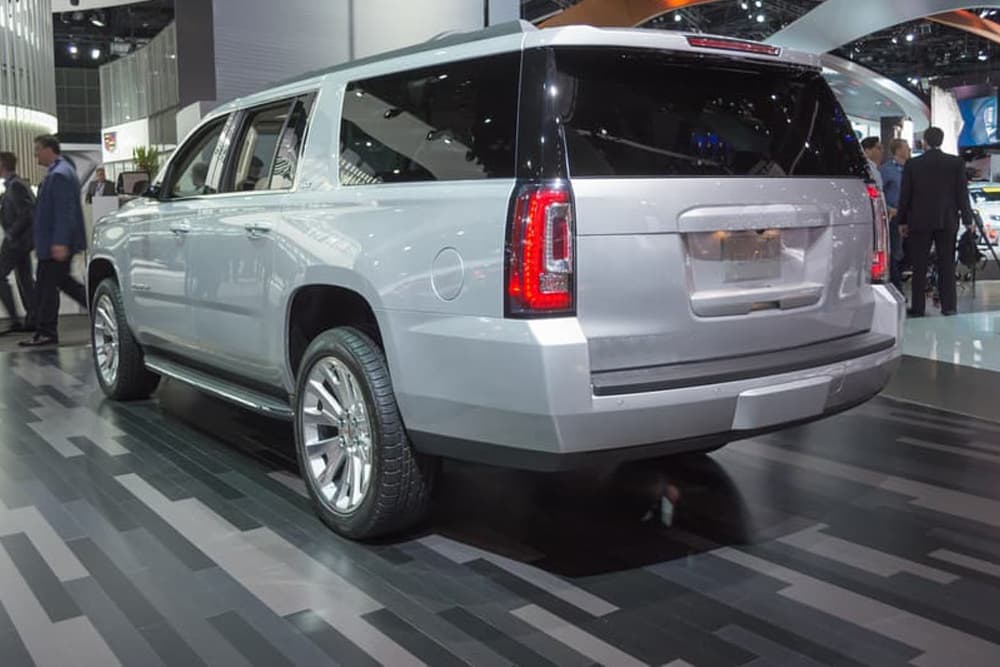
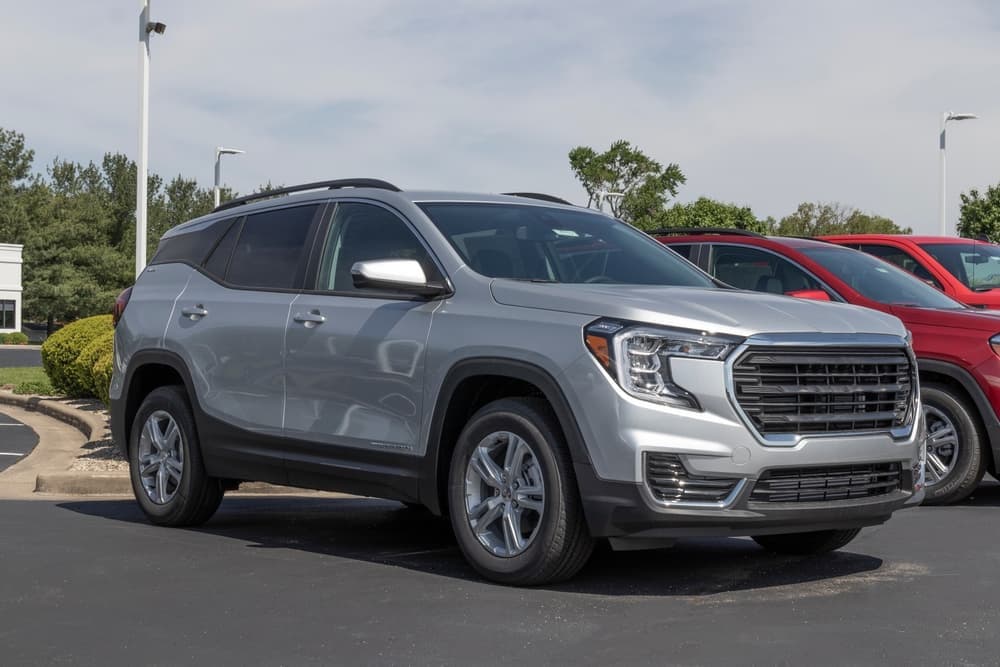
GMC Terrain is a top-ranked compact SUV with impressive reliability scores. They’re known for their modern appearance, comfortable interiors, and outstanding assistive technology.
Nonetheless, consumers who bought the GMC Terrain 2010-2013 models expressed disappointment in several features. Here are the top complaints related to the above GMC series:
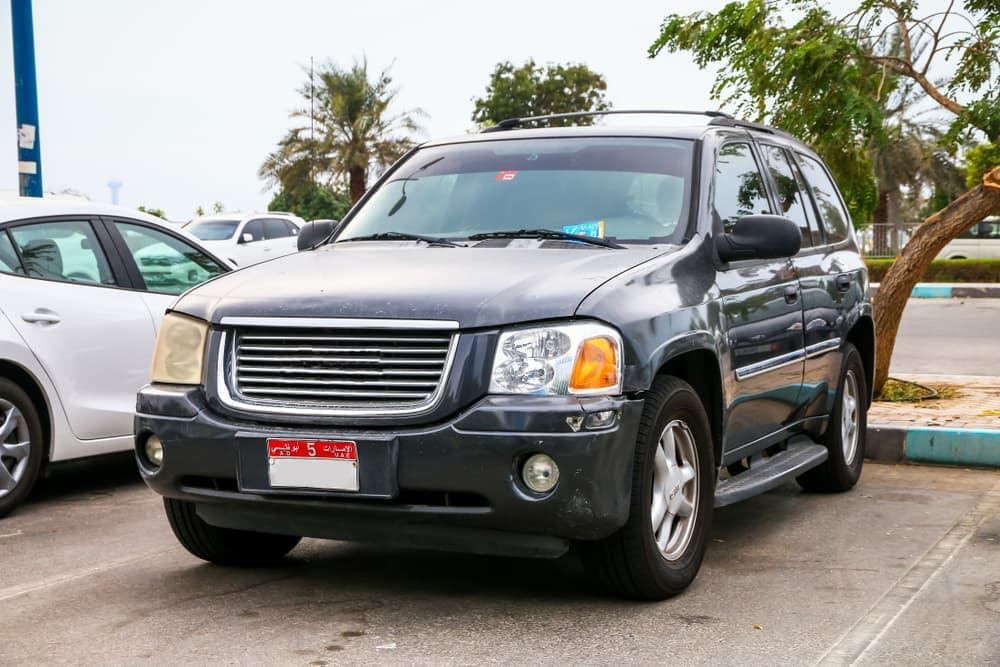
GMC Envoy is highly rated for comfort, value for money, and reliability. Consumers also highly rate it for longevity. However, according to the numerous complaints registered on the NHTSA website, it has more defects than meets the eye. Here are the common complaints related to GMC Envoy 2004:
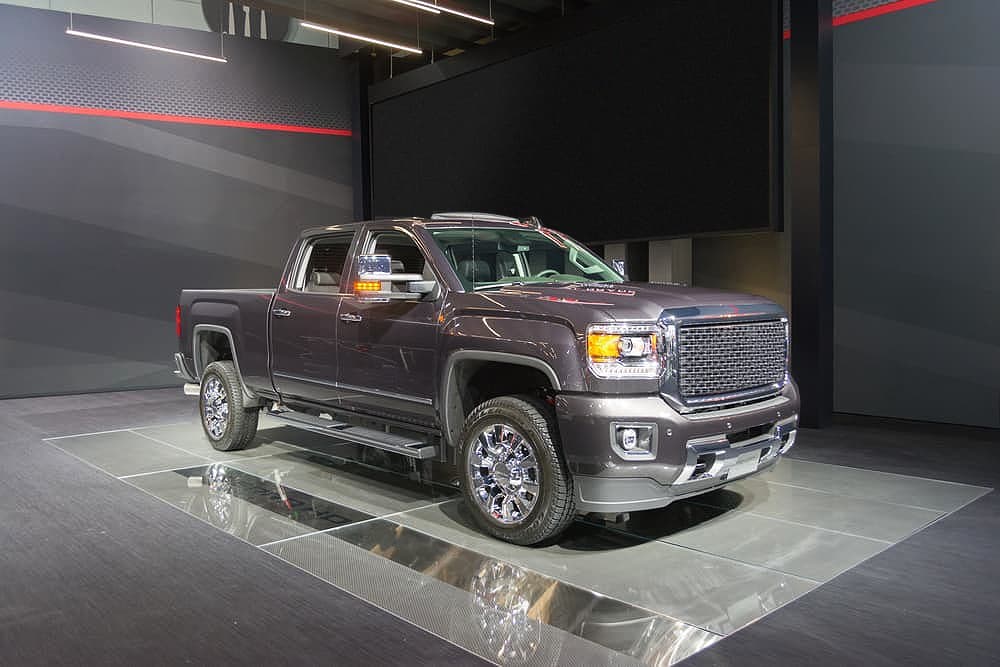
With over 20 recalls and approximately 700 registered complaints, the 2015 GMC Sierra 1500 PU/CC RWD has proved a problematic GMC model to avoid. Here are the common consumer complaints:
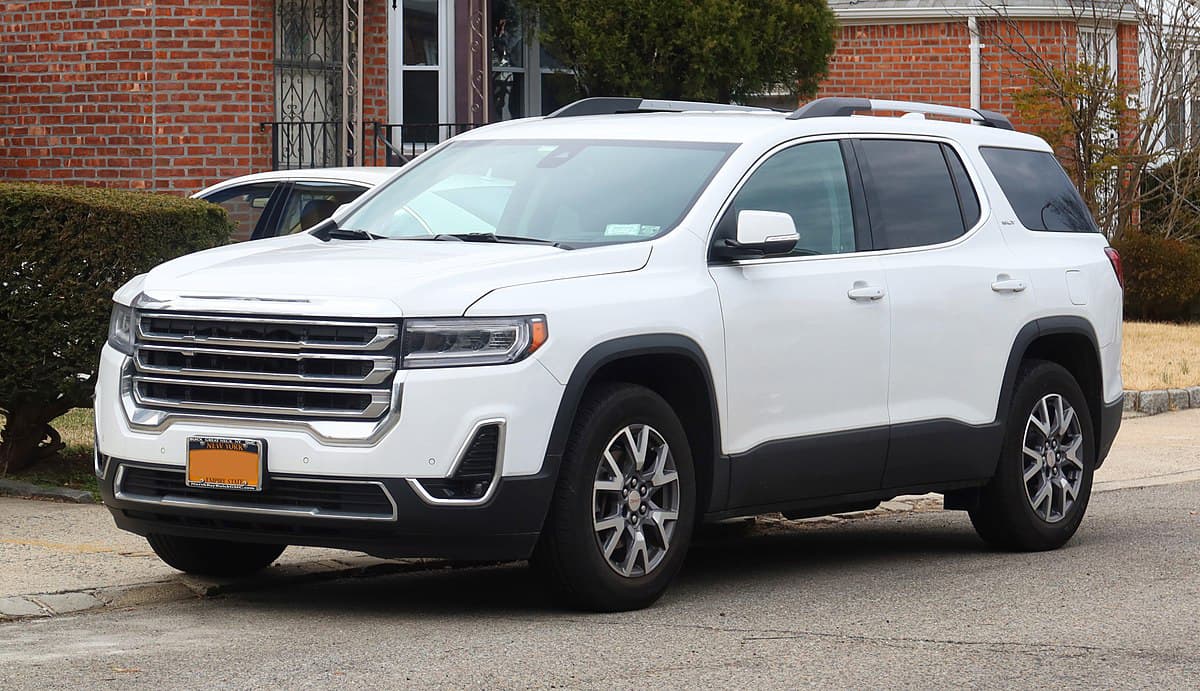
Acadia is a pleasant mid-sized three-row SUV that boosts composure, stability, and good handling. Even so, the second-generation 2013 GMC Acadia has many problems putting off consumers. The most common complaints include:
Call 833-536-5297 or fill out our simple online form to set up a consultation with the Lemon Law Lady in California
There is no perfect car or truck— similarly, not every car is made equally. GMC vehicles are known for adequate storage and capacity, sleek looks, top-of-the-range accessories, and reliability. Even so, GMC cars have problems that lie beneath their shiny look. Here are the top problems of GMC cars.
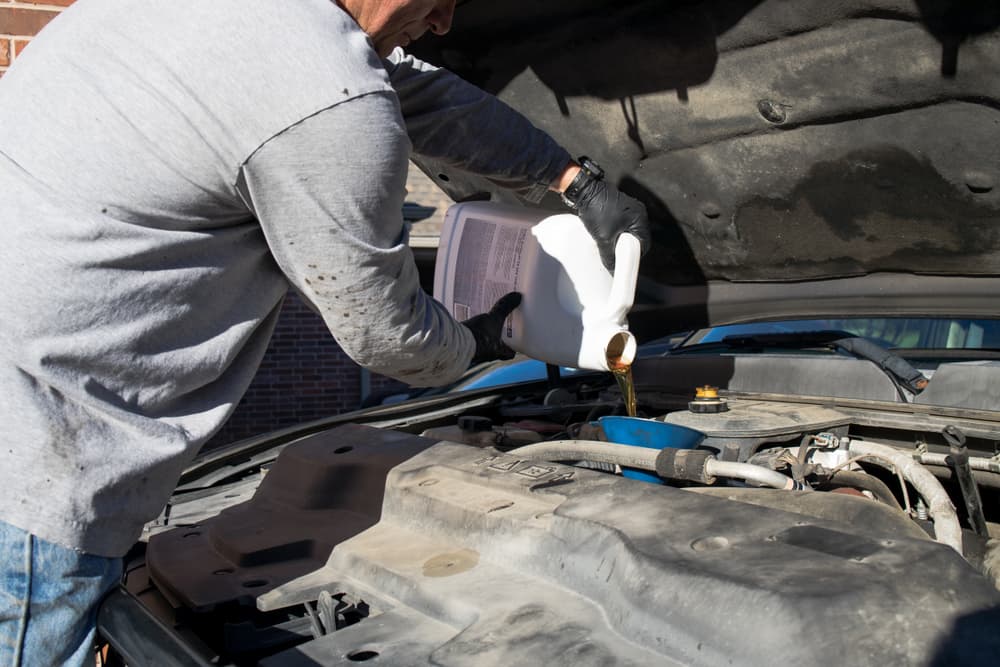
Some GM models with defective engines include GMC Sierra, Chevy Silverado, and GMC Acadia. Many consumers have lodged complaints about engine issues which have diminished the quality of their vehicles and increased the cost of their maintenance.
The common complaints surrounding engine defects include:
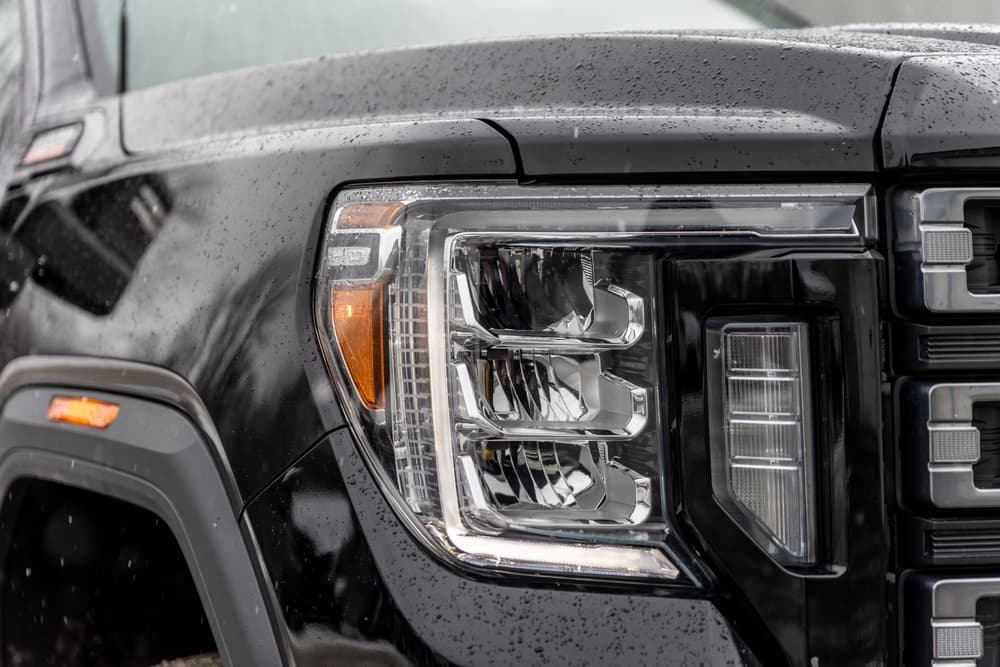
According to Reuters, GMC issued a recall for over 825,000 trucks and SUVs over defective headlights. The daytime running lights do not deactivate when headlights are on, causing excess glare, a safety hazard. The affected GMC models include Cadillac CT4, Buick Envision, Cadillac Escalade, GMC Sierra 1500, Yukon, Yukon XL vehicles, and Chevrolet Silverado 1500.
In addition, some GMC vehicles had a melting headlamp driver module. Consequently, many mid-2000s GM models had excessive heat build-up under the hood. The heat build-up caused the headlamp driver module to melt. As a result, low-beam headlights and daytime running lights stop working.
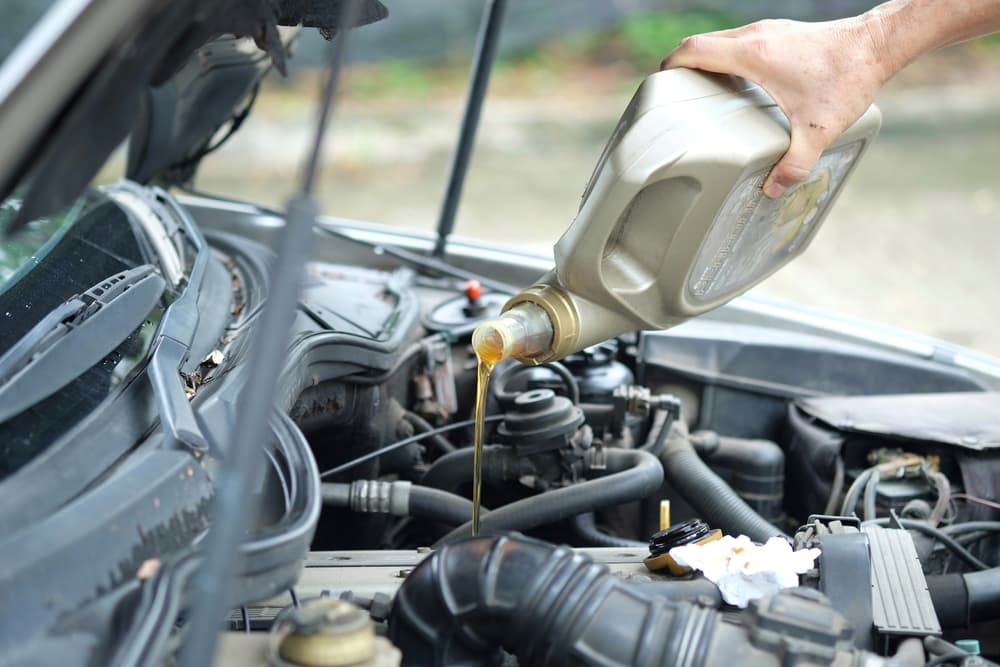
If ignored, excessive oil consumption causes major damage to your engine. The general rule of thumb dictates that if an engine requires a quart of oil every 3,000 miles or less, that indicates excessive oil consumption.
Excessive oil consumption causes damage to valve guides, piston rings, or vehicle overheating.
Some GMC vehicles with an excessive oil consumption problem include:
Excessive engine consumption may occur when worn valve stems and seals allow oil to seep into the combustion chamber. Worn-out components contribute to oil consumption issues if neglected for an extended period— ultimately, they cause a major engine problem.

A functional transmission helps change gears depending on the car’s gear and acceleration input. It keeps the revolutions per minute ‘rpm’ as low as possible, enhancing fuel efficiency and avoiding engine overload.
GMC vehicles with defective transmissions will likely produce check engine lights, noise when in neutral, grinding or shaking, and unusual sounds. The clutch may also drug with gears slipping more often.
Common GMC models with transmission defects include:
Here are the three common causes of transmission failure:

A serious defect in the air conditioning unit may cause the refrigerant to crack or leak, lose pressure, and fail to function properly in providing cooled air into a vehicle. As a result, it may cause significant repair costs and incidental costs related to hiring alternative means of transport.
GMC Vehicles with defective air conditioning units include:
The 2015 GMC Sierra has been recalled 17 times for various reasons, including airbags, defective electrical systems, a malfunctioning power train, and seat belts. Below are details of a recall affected in July 2021 under NHTSA number 21V504000:
On July 1, 2021, GMC issued a recall notice affecting certain 2015-2016 GMC Sierra 1500, 2500, and 3500 and Chevrolet Silverado 1500,2500 and 3500 trucks. According to the notice, the roof-rail airbag inflator may detach or sidewalls rapture resulting in other components being propelled into the vehicle, creating an injury risk.
GMC issued a recall on 10 July 2017 to cure defective airbags and seatbelts. The recall affected certain GMC Yukon and Yukon XL models, 2014-2016 Buick Lacrosse, Silverado 2500, and 2015-2017 GMC Sierra HD 2500, among others.
According to the recall notice, the front airbag or seatbelt pretensioners may fail to deploy in the event of a crash, increasing the risk of injury to the driver and front passenger. The recall allowed dealers to reflash the SDM software with vehicles with previous airbag deployment and have their SDM replaced.
On January 28, 2015, GMC issued a recall notice to cure defective tires affecting approximately 9,000 units. According to the recall notice, if the tire treads crack, the vehicle can lose tire pressure with a possibility of tire failure, increasing the risk of an accident.
The recall affected certain GMC models with P255/65R18 Fortera HL tires, including:
Lemon law protects consumers who buy with persistent defects that manufacturers cannot solve. While it issues rights to consumers, it obliges consumers to notify the manufacturer and give them a reasonable window to fix the defect.
In a claim dispute, a question always arises whether a manufacturer made a reasonable number of repair attempts to repair the lemon car. Whether a manufacturer made a ‘reasonable number’ of repair attempts depends on the prevailing circumstances.
If the defect is a safety defect likely to cause injuries or death, a manufacturer should have made at least two unsuccessful repair attempts before you submit a claim. Four defects can be deemed sufficient if you’re dealing with a defect that annoys you.
A repair facility approach to fixing the defect also plays a role. If it takes many days to discover the defect, the judge or arbitrator will also consider that. Ultimately, no magic number defines a ‘’reasonable number’’ of repair attempts.
Even so, California’s lemon law presumption offers the following guideline to determine if a manufacturer has made a ‘’reasonable number of repair attempts’’:
The California lemon law presumption applies if the defect occurs within 18 months of the purchase/lease or 18,000 miles. It’s important to note that the presumption law offers guidance— the ultimate decision of whether a manufacturer attempted a ‘’reasonable number’’ of repair attempts lies with a judge or an arbitrator.
It’s also important to consult a lemon law attorney whether your claim complies with a ‘’reasonable number’’ of repair attempts.